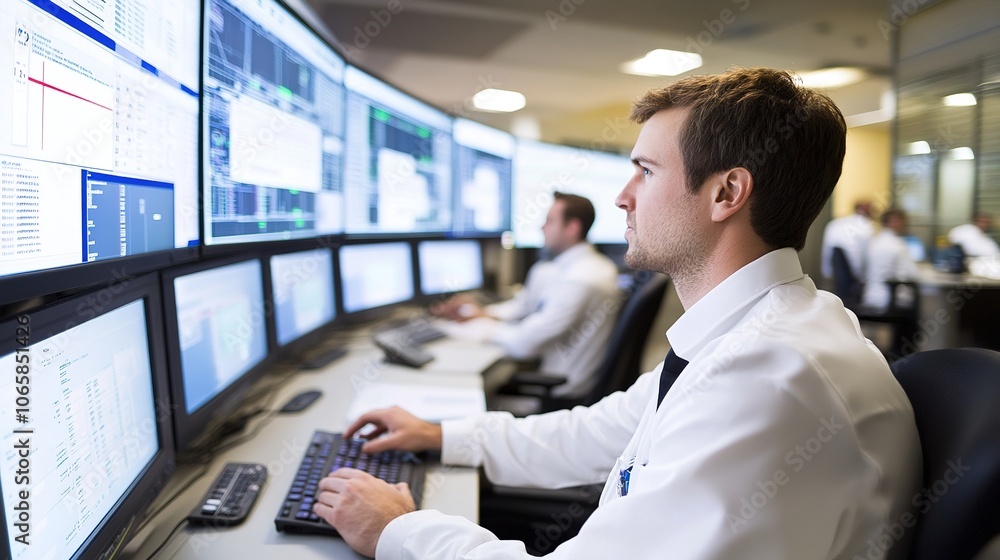Employee Monitoring Software: The Digital Twin of Traditional Surveillance
In a world where remote and hybrid work is the norm, businesses are rethinking how they monitor and manage their teams. Enter employee monitoring software—a digital version of the security camera systems we’ve relied on for decades.
Just like CCTV helps ensure safety and accountability in physical spaces, monitoring tools now do the same for the digital workspace. Here’s how these systems are effectively the new “cameras” for your network.
1. Live Screen Monitoring = Real-Time Camera Feeds
Much like watching a live feed from a security camera, screen monitoring tools let you view an employee’s desktop in real time. You can see exactly what applications are being used, what websites are open, and what files are being accessed—whether someone is working onsite or from home.
2. Session Recording = Digital Security Footage
Physical surveillance systems often record footage for future review. Similarly, modern monitoring platforms record user sessions, capturing screen activity, file transfers, app usage, and even input like keystrokes and mouse movements.
This “digital footage” can be used to:
Investigate suspicious behavior
Audit productivity
Respond to security incidents
Resolve internal disputes
3. Behavior Alerts = Motion Detection Alarms
Cameras with motion sensors alert you to activity in restricted areas. Digital monitoring tools operate in much the same way—only smarter.
With custom alert rules, you can be notified instantly if:
Confidential files are accessed or shared
Suspicious login activity occurs
Policy violations are detected
Productivity drops below a baseline
These real-time alerts function like motion sensors for your data and workflows.
4. Behavioral Analytics = Pattern Recognition in Action
Physical security often relies on interpreting body language or routine patterns. Monitoring software uses behavioral analytics to do the same, but digitally.
It can detect:
Repeated high-risk actions
Workflow inefficiencies
Insider threats
Burnout signals or disengagement
This lets you go beyond passive observation and move into predictive action.
5. Digital Evidence = Compliance-Ready Logs
Surveillance footage helps protect businesses in legal or compliance situations. Likewise, monitoring platforms generate comprehensive logs and video-style records that provide evidence in:
HR investigations
Regulatory audits
Legal proceedings
Data breach forensics
With searchable session history and granular visibility, these tools support transparency and accountability across departments.
Final Thoughts: Surveillance Reimagined for the Digital Era
Think of employee monitoring software as a virtual camera system for your digital environment. It replaces hallway cameras with screen views, motion sensors with behavior alerts, and VHS tapes with encrypted session logs.
Whether your goal is to improve productivity, reduce risk, or meet compliance requirements, digital monitoring gives you the visibility and control you used to get from cameras—only tailored for today’s remote, fast-paced, tech-driven workplaces.

